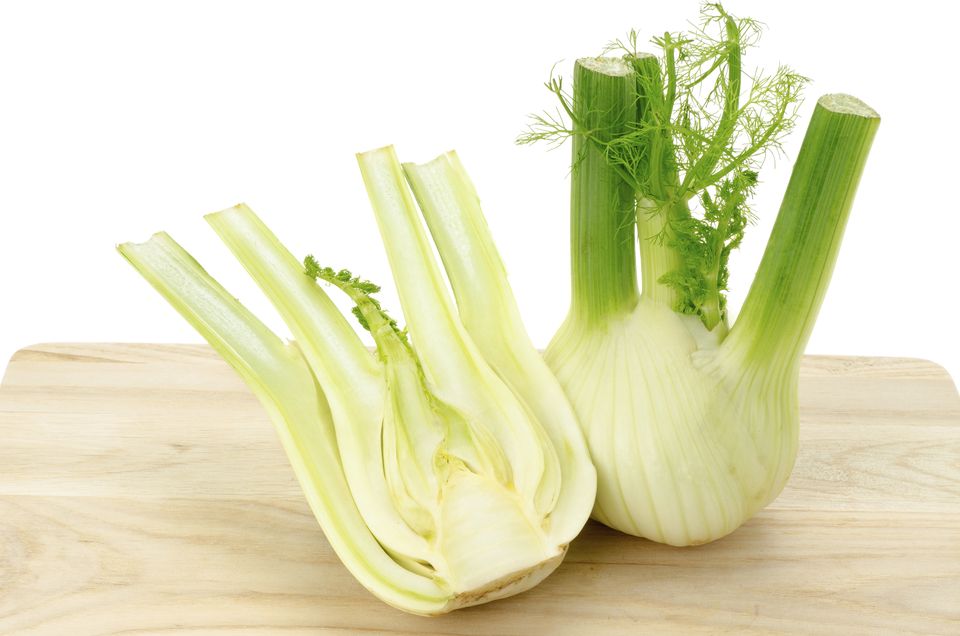
It is a herb which has a cleansing effect on the skin. When steaming the face use it in the water. Good for slimming.
Foeniculum vulgare
Fennel is a handsome feathery aromatic plant and an ancient digestive remedy. Its volatile oils increase the appetite, enhance the secretion of digestive enzymes and promote digestion and absorption. Its carminative properties relax any spasm in the digestive tract and relieve wind, colic and hiccoughs – it is one of the ingredients in gripe water. Fennel can also be taken for indigestion, heartburn, constipation and abdominal pain, and was traditionally used in cooking to enhance digestion. Fennel is a useful remedy for women.
Parts Used
Seeds, root, essential oil.
Uses
The primary use of fennel seeds is to relieve bloating, but they also settle stomach pain, stimulate the appetite, and are diuretic and anti-inflammatory. Like anise and caraway the seeds make an excellent infusion for settling the digestion and reducing abdominal distension. The seeds help in the treatment of kidney stones and, combined with urinary antiseptics such as uva-ursi make an effective treatment for cystitis. An infusion of the seeds may be taken as a gargle for sore throats and as a mild expectorant. Fennel is safe for children and, as an infusion or syrup, can be given for colic and painful teething in babies. Fennel increases breast-milk production, and is still used as an eyewash for sore eyes and conjunctivitis. The seeds have a longstanding reputation as an aid to weight loss and to longevity. Essential oil from the sweet variety is used for its digestive and relaxing properties.
Other uses – Altitude sickness.
Cautions and Side Effects
Do not use medicinally for more than six weeks. May cause allergic or hypersensitivity reactions in some people.